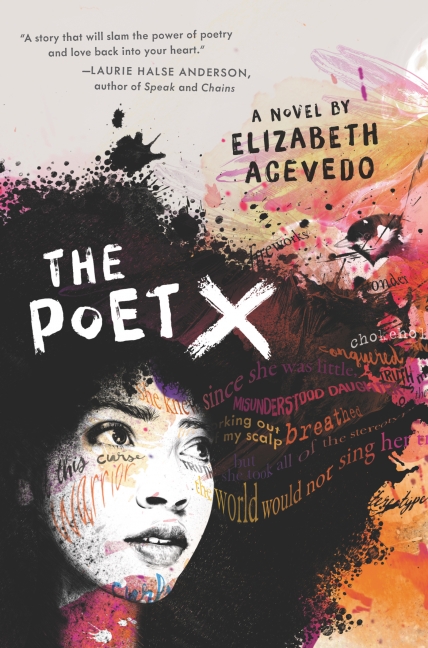The Prisms of Passing: Reading beyond the Racial Binary in Twentieth-Century U.S. Passing NarrativesPosted in Dissertations, Latino Studies, Literary/Artistic Criticism, Media Archive, Passing, United States on 2018-04-30 00:40Z by Steven |
The Prisms of Passing: Reading beyond the Racial Binary in Twentieth-Century U.S. Passing Narratives
University of North Carolina, Chapel Hill
2011
217 pages
Amanda M. Page
A dissertation submitted to the faculty of the University of North Carolina at Chapel Hill in partial fulfillment of the requirements for the degree of Doctor of Philosophy in the Department of English and Comparative Literature.
In “The Prisms of Passing: Reading beyond the Racial Binary in Twentieth-Century U.S. Passing Narratives,” I examine a subset of racial passing narratives written between 1890 and 1930 by African American activist-authors, some directly affiliated with the NAACP, who use the form to challenge racial hierarchies through the figure of the mulatta/o and his or her interactions with other racial and ethnic groups. I position texts by Frances E.W. Harper, James Weldon Johnson, and Walter White in dialogue with racial classification laws of the period—including Supreme Court decisions, such as Plessy v. Ferguson (1896), and immigration law, such as the Johnson-Reed Act of 1924—to show how these rulings and laws were designed to consolidate white identity while preventing coalition-building among African Americans and other subordinate groups.
In contrast to white-authored passing narratives of the time, I argue that these early African American passing narratives frequently gesture toward interracial solidarity with Native American, European immigrant, Latina/o, or Asian American characters as a means of
challenging white supremacy. Yet, these authors often sacrifice the potential for antiracist coalitions because of the limitations inherent in working within the dominant racial and nativist discourses. For example, in Iola Leroy (1892), Harper, despite her racially progressive intentions, strategically deploys white nativist discourse against Native Americans to demonstrate the “Americanness” of her mulatta heroine and demand recognition of African American assimilation. Though later African American passing narratives, such as Johnson‘s The Autobiography of an Ex-Colored Man (1912) and White‘s Flight (1926), began to reflect a collaborative global approach to civil rights as the century progressed, these strategies of domestic antagonism and/or international solidarity with groups outside of the black-white binary ultimately worked in service to a specifically African American civil rights agenda.
This study concludes with an examination of a contemporary passing narrative by an Asian American author. Brian Ascalon Roley’s American Son (2001) revises the form to challenge the continued marginalization of Latina/os and Asian Americans and thus suggests the need for a reconsideration of how we approach civil rights activism to accommodate new racial dynamics in the post-civil rights era.
Read the entire dissertation here.







